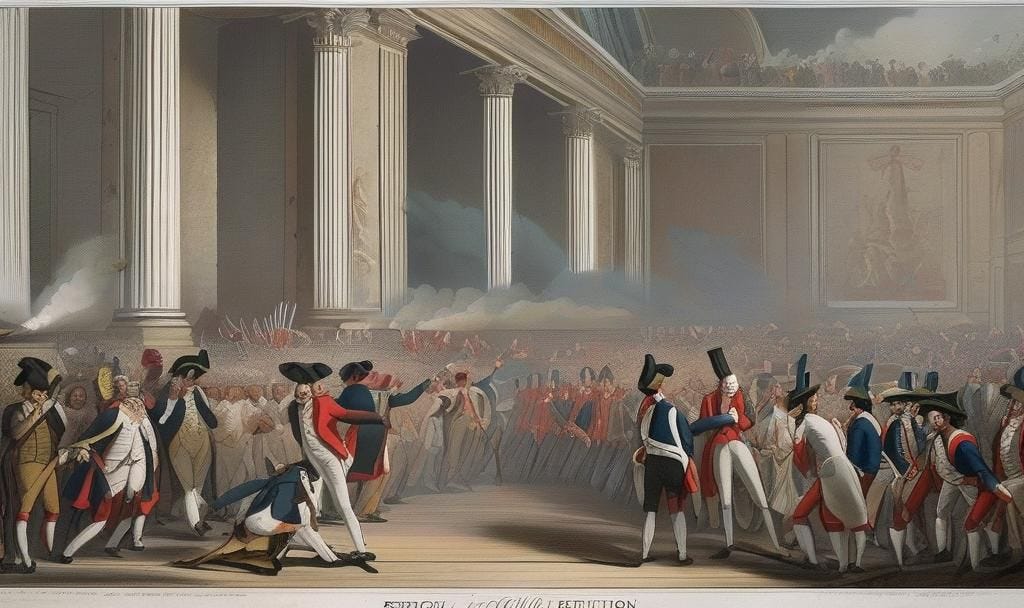Happiness is one of the most enduring ideas in the history of the world. One could go all the way back to the ancient Greeks and their idea of happiness as human flourishing, or eudaimonia. In our time, happiness is still a fundamental idea in the lives of ordinary people. You would be hard pressed to find a person who does not want to be happy. In fact, since the human will is inclined to work towards the good that it perceives, a man cannot help but act towards his own happiness. Or, at the very least, his perceived happiness. Herein lies the issue in many of our modern day conversations about happiness, for as much as it is talked about it is almost never defined. Postmodernists did away with the idea that there was any uniting narrative for humanity, and it seems that as a consequence the idea that happiness had any objective basis was thrown out as well. The prevailing notion in our age is that the question of what makes a person happy is up to each individual to decide for him or herself. So what is happiness? And how should we go about obtaining it?
Happiness as an Activity
In Nicomachean Ethics, Aristotle defines happiness as an activity of the soul in accordance with virtue. Thus, happiness is not merely a feeling or something that can be subjectively defined. It is an activity which we participate in. A person is happy insofar as they are virtuous. This view is more robust than our modern conception of happiness. Our modern conception of happiness is based around how a man feels about his life, or the external circumstances of his life, but if we view happiness as an activity of the soul in accordance with virtue then it is not dependent on the external circumstances of one’s life. In his book, Man’s Search for Meaning, Viktor Frankl, a Holocaust survivor, makes the case that meaning and happiness are not found in one’s external circumstances. He observes that those who were able to survive the concentration camps were not necessarily the most physically fit, but the ones who had a strong interior life. This fits with Aristotle’s further commentary on happiness in Book X of Nicomachean Ethics. He writes, “If happiness is activity in accordance with virtue, it is reasonable that it should be in accordance with the highest virtue; and this will be that of the best thing in us… That this activity is contemplative we have already said.” So for Aristotle, happiness is a contemplative activity. This does not mean that in order to be happy we need to withdraw from society and go live a life of contemplation in the wilderness. We are social creatures, we need relationships to flourish, and have obligations to our families and society. However, true happiness cannot be found unless we take intentional time to spend in contemplation and reflection. The man who lives only for his shallow external circumstances will find that his happiness is not enduring and can be stripped away in a moment’s notice.

Man’s Final End
Aristotle’s vision of happiness is a natural happiness. It is a happiness that we can achieve by our own nature. However, there is a happiness promised to us as Christians that we cannot achieve by our nature: supernatural happiness. For Aquinas, this supernatural happiness finds its completion in the Beatific Vision which is the vision of God enjoyed by those in Heaven. Christ speaks of this happiness when He says, “If you keep my commandments, you will remain in my love, just as I have kept my Father’s commandments and remain in his love. I have told you this so that my joy may be in you and your joy may be complete” (Jn 15: 10-11). Natural happiness is not a complete picture of human happiness. We were not created for this life alone. The beginning of the Baltimore Catechism sums this up well: “God made me to know Him, to love Him, and to serve Him in this world, and to be happy with Him forever in heaven.” Supernatural happiness cannot be achieved separate from natural happiness. Grace perfects nature and does not destroy it as Aquinas famously stated. We ought to seek virtue in this life, and by cooperation with God’s grace and the sacraments obtain everlasting happiness in the next. Any other view of happiness will be incomplete.
Aristotle correctly posits that in order for happiness to be our final end it must be self-sufficient and not lacking. However, if we restrict our happiness to things of this life we will run into the problem of desire which C.S. Lewis speaks of in Mere Christianity when he says, “I find in myself desires which nothing in this world can satisfy.” Therefore, seek virtue and happiness in this life, but never despair of our ultimate happiness in the next. Let us always keep in mind the closing lines of the serenity prayer: “Trusting that He will make all things right if I surrender to His will; that I may be reasonably happy in this life, and supremely happy with Him forever.”





